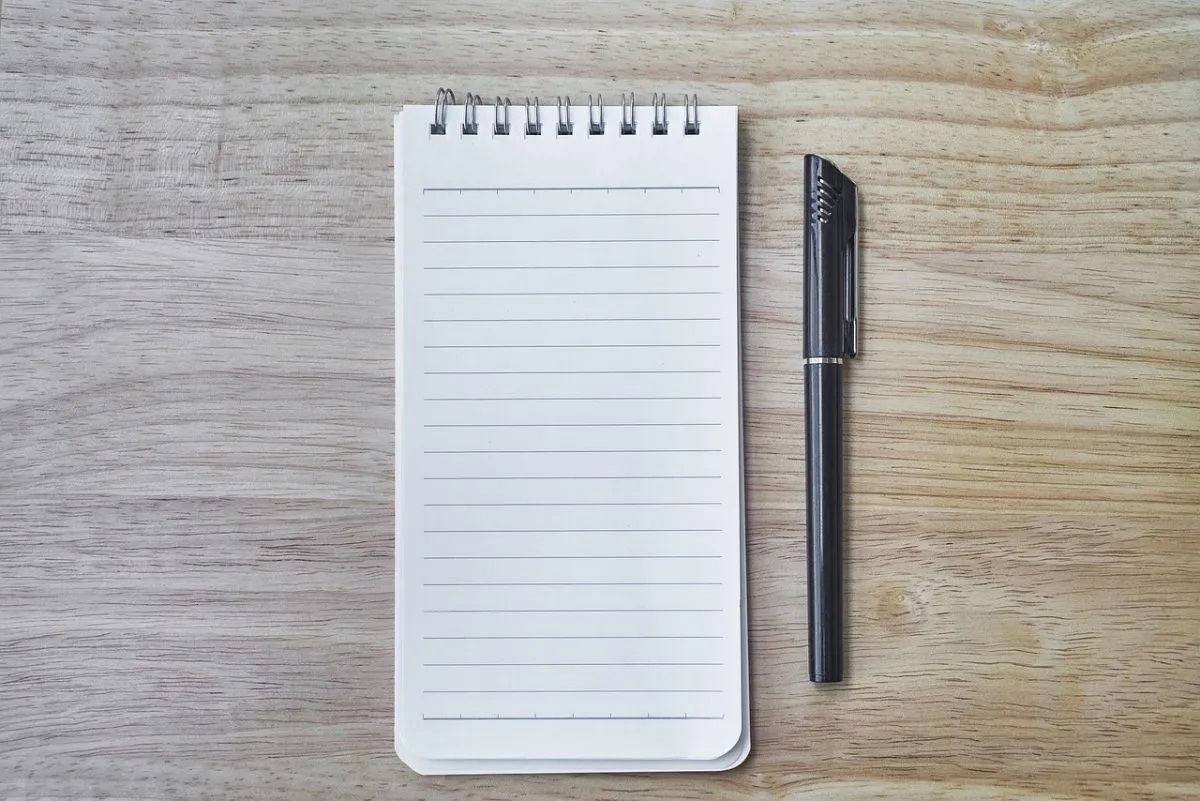Personal growth and self-improvement topics we seek meaning, purpose, and fulfillment in an increasingly complex world, the ability to honestly assess oneself and consciously develop new habits and mindsets is invaluable. However, the process of personal growth often involves reflecting on intensely private thoughts, feelings, experiences, and relationships. Doing so openly in today’s digital age raises valid privacy concerns. This is where encrypted note apps come in handy. These specialized apps allow you to journal privately using end-to-end encryption, meaning the content is inaccessible to anyone except you. Even the app provider cannot access the decrypted content.
Benefits of journaling for personal growth
Reflective writing and journalling have long been linked to improved well-being. Pennebaker’s expressive writing studies in the 1990s revealed significant benefits from journaling, including:
- Improved mood & happiness
- Reduced anxiety and depression
- Stronger immune system
- Drop in blood pressure
- Better sleep
- Improved working memory
- Enhanced self-awareness
More recent research continues to confirm journaling’s ability to regulate emotions, reduce stress, clarify thinking, and support the learning and growth process. By externalizing thoughts and feelings that would otherwise circle endlessly in our heads, we process experiences more objectively. Turning stressful situations into written stories allows us to find meaning, recognize growth opportunities, and release negativity. As we freely flow unfiltered thoughts onto the page, we better understand emotions and perspectives. The act of daily journaling enables conscious reflection on behaviors, decisions, relationships, and thought patterns. Over time, this builds self-awareness and resilience while aligning actions more closely with values and aspirations.
Critical need for privacy
Honest self-reflection requires letting our guard down to confront uncomfortable truths about ourselves or challenging situations without fear of judgment or consequences. However, if we lack confidence in the confidentiality of our private notes, it impedes open exploration, limiting the value derived.
Perhaps you wish to work through negative emotions related to close relationships, family issues, work stressors, or health problems in a journal. Without assured privacy, apprehension about Exposure may prompt self-censorship or sugar-coating when processing these sensitive topics. However, suppressed feelings often manifest unconstructively later as anxiety, anger, sadness, or self-destructive behaviors. Alternatively, you may abandon journaling on personal growth altogether due to privacy concerns or distrust.
Choosing an encrypted note app
End-to-end encryption
how do i make a private note? Encryption protects the content of your notes app database, securing it with a decryption key only available to approved users. End-to-end encryption applies this protection to your notes directly on your devices before synchronizing with app servers. This prevents the service provider or attackers from accessing your confidential data. Look for apps utilizing strong, open-source encryption backed by independent security audits. Encryption strengths vary drastically across note apps otherwise similar in functionality.
Local-first architecture
To ensure strict data privacy, your notes should remain encrypted on the device by default, decrypting content only temporarily in memory when the app is in use. Select note apps using a local-first architecture that stores data encrypted on user devices while treating the cloud primarily as a transmission mechanism for syncing content across your devices.
Zero-knowledge provider
The app provider should have no means of accessing decrypted user data. They should not store passwords or encryption keys that could ever decrypt your content. Master passwords should control user access at all times. Leading private note apps now follow a zero-knowledge model where not even app staff read your notes.


